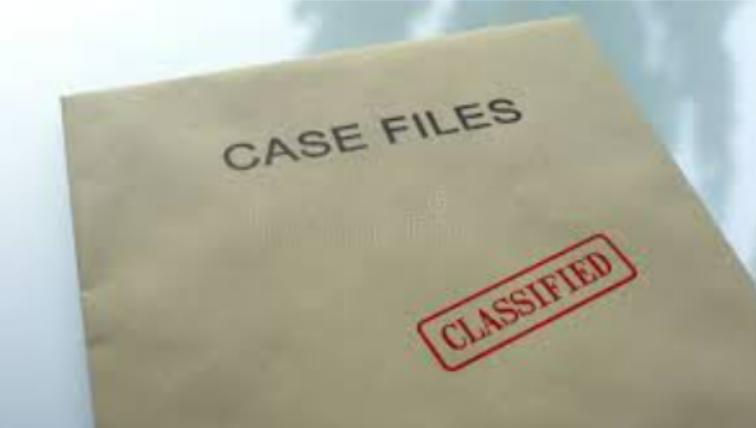Introduction
Washington D.C., otherwise known as District of Columbia, has always been referred to as its own entity. In 1789, the US constitution called for the creation of a federal district under exclusive jurisdiction of the U.S. Congress. However, upon enactment of the 23rd amendment in 1961, the district has been allowed to participate in and give its electoral college votes to either candidate in presidential elections. Though, Washington D.C. has never been represented in either Senate or Congressional seats. This begs the question, “Should Washington D.C. be a State?” The current system honours the electoral votes of the city, but does not allow for there to be representation in government. It is problematic because there are more people that live in D.C. than people that live in Wyoming, which is a state. Some believe, especially people who live in D.C., it is not fair for a district with almost 700,000 people to not get fair representation in the government. However, there is still opposition to that idea, stating that D.C. is only supposed to serve government purposes, and not be granted statehood, since it would likely complicate politics. Therefore, here are a few solutions to the current situation of Washington D.C.
Full Statehood
This is likely the most popular solution for those that live in Washington D.C. in order for this to happen, Congress would have to pass a law making D.C. a state, giving it full representation in the House and Senate. This would require a majority in Congress and the President’s signature, but could be challenged legally. Some controversy has arised from this idea, stating that breaking a government district into house seats could be problematic, for where the government is located. Additionally, Republicans would never support D.C. statehood because it could unbalance the political majority to the Democrats in the House and Senate. Until our government can reach an agreement on this idea, this is not likely to happen.
Retrocession to Maryland
Washington D.C., except for the federal government buildings and monuments, could be returned back to Maryland. This would solve the issue of no representation, because they would be represented by Maryland’s house of representatives seats, and would vote for Maryland’s Senate seats. However, Maryland may not want to absorb D.C., and the residents of the district would rather have statehood over representation in Maryland. This would also be hard to pass legally, because although Republicans would like this idea, Democrats would not because it gets rid of electoral college votes that D.C. has.
Maintaining the Status Quo
In this case, D.C. remains a federal district without full voting rights. Some argue that this is the best solution, because it preserves the constitutional intent. However, others argue that it leaves D.C. residents without Congressional representation. This is the most viable option for D.C. currently because of political divisiveness and discourse, which would not allow for the legislation to do either of the two previously mentioned ideas.
Constitutional Amendment
This option would address the “constitutional intent” argument, by ratifying the constitution’s terms on D.C. A constitutional amendment could clarify D.C’s status and grant it voting rights without making it a state. This would require approval by two-thirds of Congress and ratification by three-fourths of states. This would be very difficult to achieve, because the bill would need widespread support from both parties, which as we’ve discussed previously, would be challenging to do.
Conclusion
Each solution has political, legal, and logistical challenges. If the current status quo is kept, there will be forever a divide in ideas about representation of D.C. The residents of Washington D.C. will forever only be able to be represented in the Electoral College. If Washington D.C. were to become a state, how would the political balance of our government look? If it were to be returned to Maryland, would that have an affect on Maryland politics? With all these questions about D.C. statehood, let’s hope our younger generation of politicians can come to a consensus of the status of Washington D.C.







